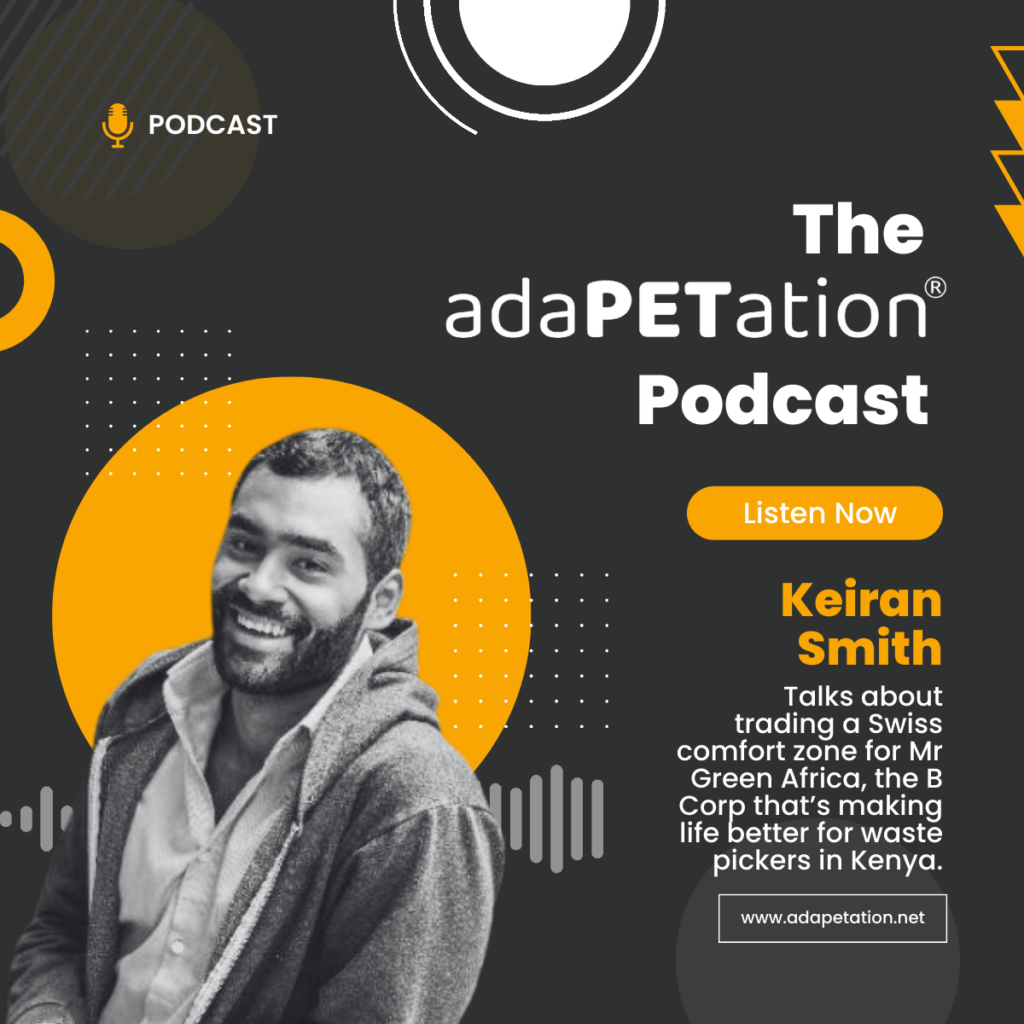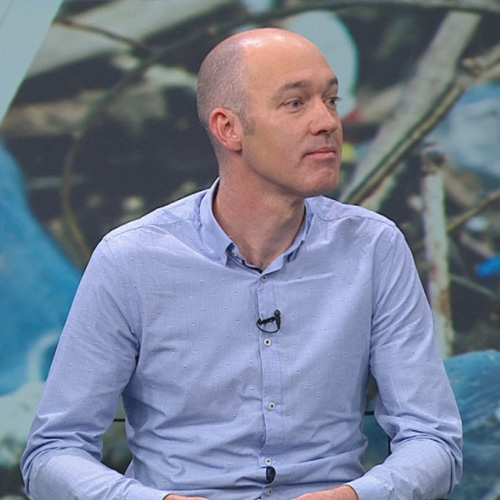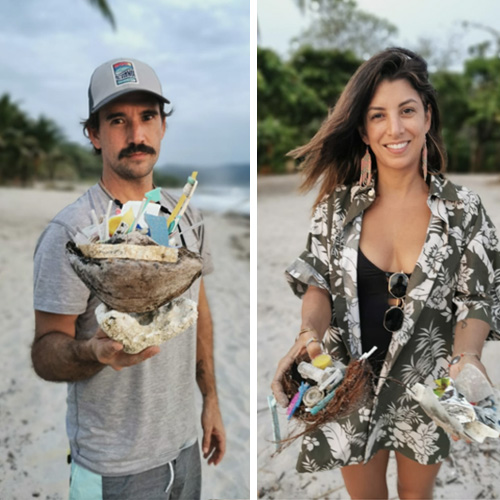
Facing a global waste challenge, Mr. Green Africa stands at the forefront. Keiran Smith's innovative leadership in Africa promises not just a solution to today's crisis but a blueprint for tomorrow's circular economies. Delve into their pioneering path.

In today’s rapidly urbanizing world, the waste crisis looms larger than ever. From plastic-riddled beaches to landfills bursting at their seams, the evidence is irrefutable. However, envisioning a future where waste isn’t merely discarded but becomes a valued resource seems almost utopian. Enter Keiran Smith and Mr. Green Africa – they’re not just dreaming of a circular economy; they’re actively building it.
Keiran Smith’s journey, as he candidly shared on the adaPETation podcast, is nothing short of awe-inspiring. “The background story is really about me being a banker in Zurich,” he began, setting the stage for a profound transition from banking in Switzerland to redefining waste management in Kenya. This journey wasn’t fueled by mere ambition, but by tangible “lightbulb moments.” He saw the potential in Switzerland, where recycling systems had been perfected. The real epiphany? Discovering the vast opportunities lying in Kenya, where waste, or rather ‘value streams,’ were everywhere, but their potential largely untapped.
The narrative of today’s waste crisis is marked by dire images – landfills, polluted oceans, and the marginalized community of waste pickers scrambling for livelihoods. However, Mr. Green Africa, under Smith’s visionary leadership, has turned the story on its head. He asks, “Can we create a fair system for such community or for such people?” Instead of viewing waste as an insurmountable challenge, Keiran views it as an untapped opportunity, emphasizing, “waste stream or waste value streams, different types, plastic, aluminium, glass and so on. They have a value.”
Tomorrow’s Vision of a CIrcular Economy is Built on Fairness
Tomorrow’s vision of a circular economy, as envisaged by Mr. Green Africa, is one of inclusivity and local validation. Smith emphasizes two core principles: creating a transparent and inclusive system to remunerate waste pickers, and ensuring local validation so that value is captured and redistributed within the country of origin. These aren’t mere words; Mr. Green Africa is putting these into action, operating with about 4000 waste pickers and trading around 4000-5000 tons every year.
“We have many shops in different parts of the country, buyback centers or trading points we call them, where we have an employee of ours who trades with the community,” Smith detailed. The process ensures that waste pickers are fairly compensated and are part of a formalized and dignified system. This is in stark contrast to the prevalent informal systems where price unpredictability and unreliability in payments persist.
As we stand at the crossroads of today’s waste crisis and tomorrow’s potential circular economy, it’s pioneers like Mr. Green Africa that light the way. The company’s B Corp status stands as a testament to its commitment, with Smith noting, “Mr. Green, Africa as a B Corp, the way we’re doing business, because we’re buying at a higher price from waste pickers, in itself is impact.” It’s not about indirect efforts or additional CSR stories for them. It’s about embedding impact within their core business model.
The pathway to a circular economy is far from straightforward. It demands resilience, vision, and a drive to transform challenges into opportunities. But with companies like Mr. Green Africa at the forefront, and leaders like Keiran Smith championing change, the future looks more promising.
“Every time we can show that it is possible, we communicate about it,” Keiran shares, embodying the spirit of Mr. Green Africa. As they continue to push boundaries, demystifying myths and proving possibilities, they inspire countless others to join the journey towards a circular, sustainable, and inclusive tomorrow.
JOIN THE MOVEMENT
The future of plastics is being redefined, and you can be a part of it. Listen to the full podcast with Keiran Smith to delve deep into the world of Mr Green Africa and the promise it holds. Your support can usher in a new era where plastic, once the problem, becomes an integral part of the solution. Support Mr Green Africa in its mission.
Share it
THE HISTORY OF PLASTIC
Throughout the history of plastic, PET has been crucial in keeping food fresh with lightweight and durable packaging solutions that have helped reduce food waste for almost a century. Learn all about the invention of plastic and the important role it has played feeding people and saving the lives of humans and elephants in the adaPETation® timeline of the history of plastic.





